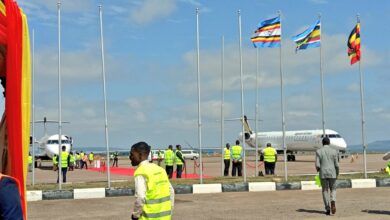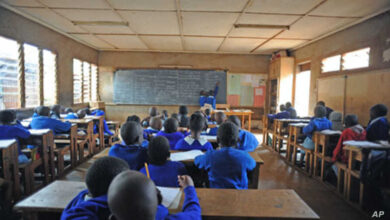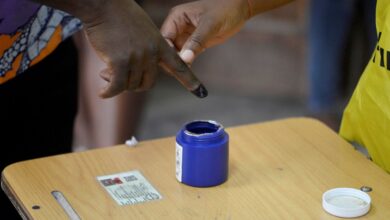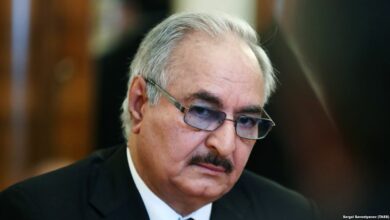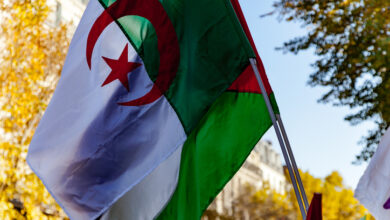World
Protests In Sudan Continue Demanding An End To Military Rule

Thousands of Sudanese people took to streets on Thursday to step up pressure on the country’s ruling military council to transfer power to an interim civilian body.
“We will protect the revolution with our blood,” people were heard chanting as they marched through Khartoum’s main streets before converging outside the military headquarters, reported Africa News.
The Sudanese Professionals’ Association (SPA), the main organizer of protests, made a call to the people to Sudan to join the march demanding the transfer of power without further delays. Peaceful protests were held in five other states of the country, including one in the western Darfur region, each responding to the call to participate in the Alliance for Freedom and Change’s “Million March”.
Sudan’s military came into power earlier this month after overthrowing longtime ruler Omar al-Bashir, who enjoyed a nearly three-decade presidency. It established a council to govern the country for a period of up to two years. But, the Sudanese Professionals Association (SPA) has been continuously insisting on a civilian-led administration.
On Wednesday, the military council announced that it was ready to discuss the transfer of power to a transitional civilian government.
“We agreed to form a joint committee, between us and them, to discuss these points of succession and to introduce a joint solution,” said Lieutenant General Shams al-Din Kabashi, spokesman for the military council, in a statement after meeting the groups leading the mass protests.
Kabashi added that the military council has made an agreement on most demands presented in the document of the Alliance for Freedom and Change.
Three members of the military council, Lieutenant General Omar Zain al-Abdin, Lieutenant General Jalal al-Din al-Sheikh, and General Al-Tayeb Babakr, reportedly stepped down after the meeting, but the council said their resignations were yet to be accepted.
The African Union has granted three months time to Sudan’s ruling military council to implement democratic reforms.


